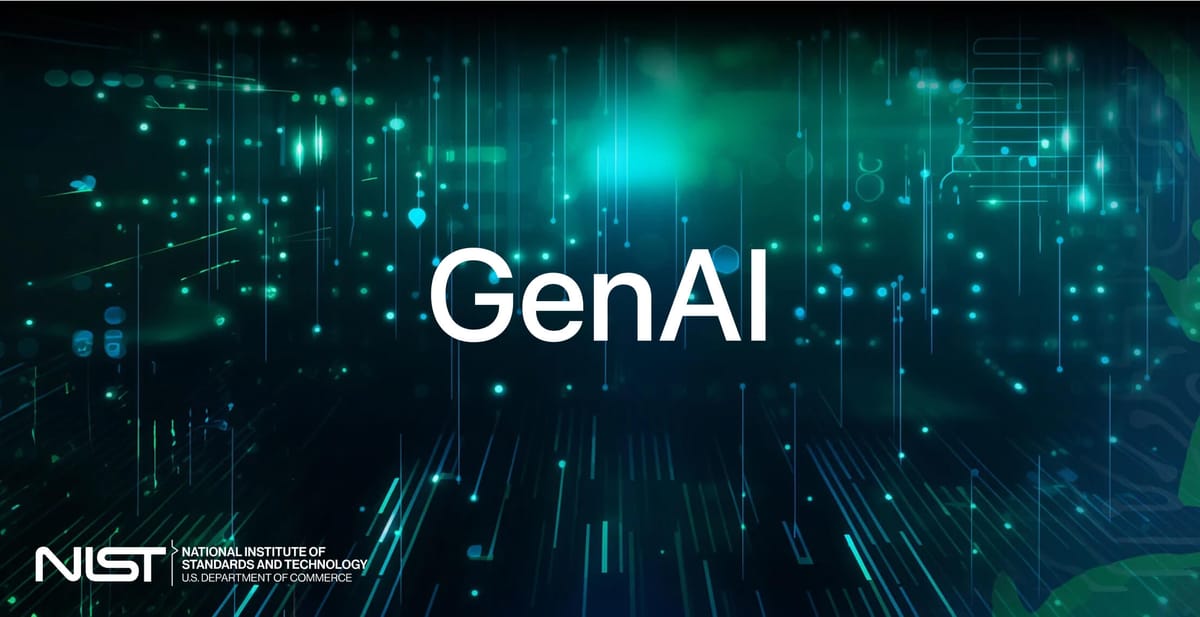
The National Institute of Standards and Technology (NIST) has announced the launch of NIST GenAI, a new program to assess and guide the safe and responsible use of generative AI technologies.
NIST GenAI will release benchmarks and evaluate generative AI technologies through a series of challenge problems. The program aims to identify strategies to promote information integrity and address the risks associated with this rapidly advancing field of AI. One of its key goals is to develop systems that can distinguish between human-created and AI-generated content, starting with text.
The pilot study, which is the first project under NIST GenAI, focuses on measuring and understanding system behavior for discriminating between synthetic and human-generated content in text-to-text (T2T) and text-to-image (T2I) modalities. The study aims to address the research question of how human content differs from synthetic content and how the evaluation findings can guide users in differentiating between the two.
NIST is inviting teams from academia, industry, and research labs to participate in the pilot study by contributing either "generators" (AI systems that generate content) or "discriminators" (systems that detect AI-generated content). Generators will be tested on their ability to create synthetic content that is indistinguishable from human-produced content, while discriminators will be evaluated on their accuracy in detecting synthetic content created by large language models and generative AI.
NIST GenAI will inform the work of the U.S. AI Safety Institute at NIST, which recently appointed Paul Christiano, a former OpenAI researcher, as a director. Christiano's appointment has sparked some controversy due to his "doomerist" views on AI, with critics fearing a focus on hypothetical risks rather than immediate ones.
Registration for the pilot study opens in May 2024, with the first round of submissions due in August 2024.

